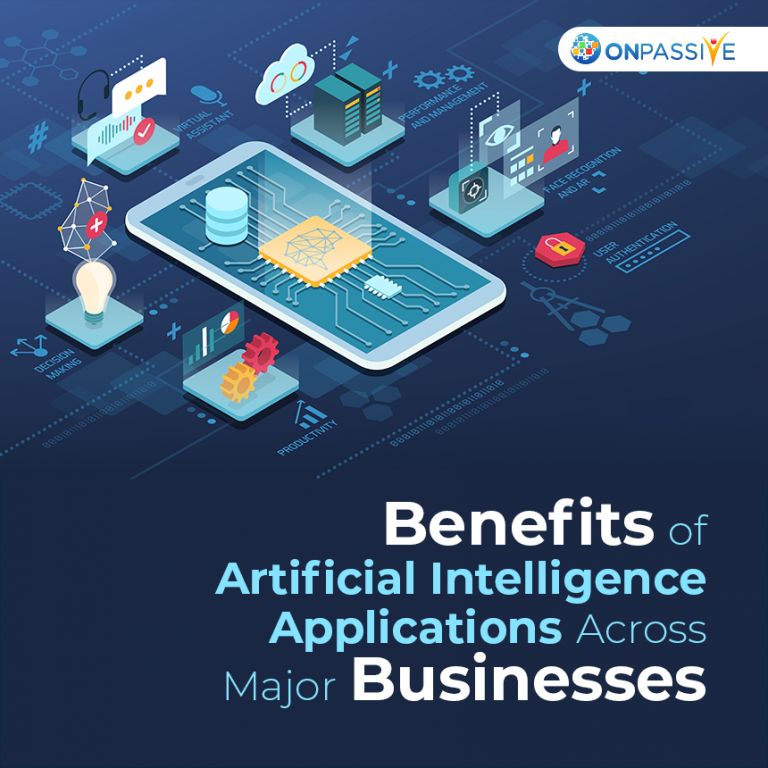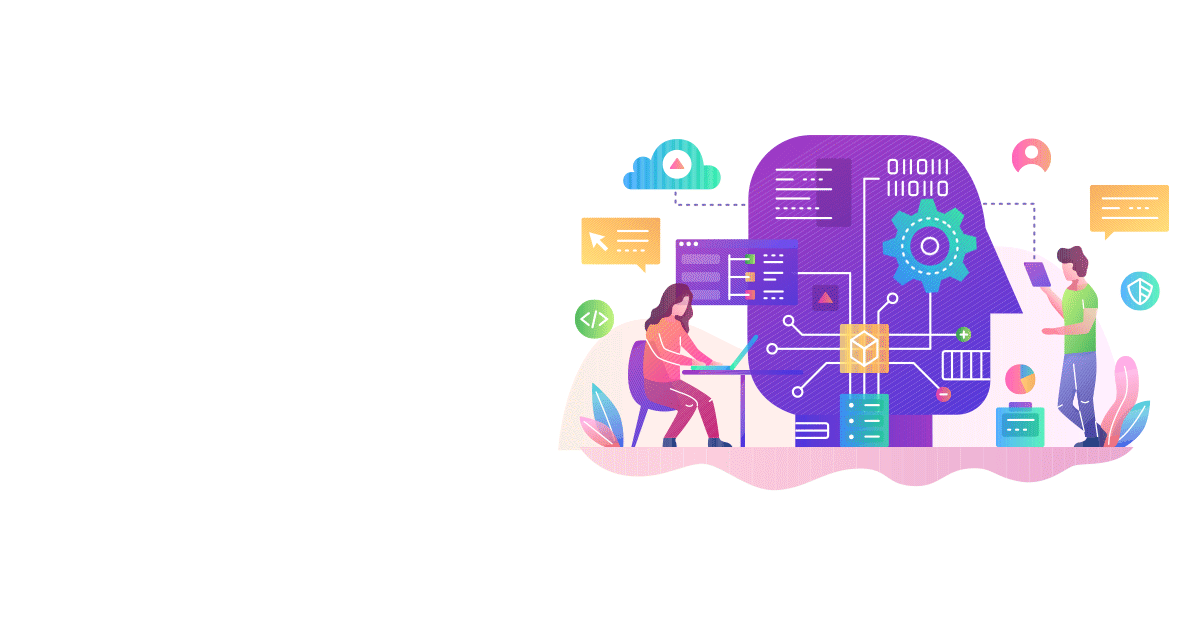
Artificial Intelligence (AI) and Machine Learning (ML) are trendy words a couple of years back until tech market players started leveraging these two advanced technologies’ full potential. Be it Google, Facebook, IBM or some other tech mammoth you can consider; they are putting machine learning and artificial intelligence before everything.
More modest organizations and startup businesses, also, are now progressively preferring the adoption of the two advancements to optimize their performances and functionalities. Rather than considering them to be costs, organizations recognize them as investments that would only assist in the longer run.
Studies revealed that important sectors in artificial intelligence would be a fundamental innovation in the future. Most enterprises would work with the technologies at their support. On the off chance that you didn’t understand, the trend has just begun where there are a few enterprises right now which have just been influenced by AI and ML and depend on them vigorously for advancement and implementation.
Healthcare
Essential sectors in artificial intelligence are now showing up as a distinct advantage in the healthcare sector. IBM’s cognitive supercomputer had the option to rapidly analyze the presence of a rare type of leukaemia in a patient that even specialists could not after months of study.
Some algorithms and frameworks support the discovery and therapy of chronic sicknesses. With electronic health records set up, essential sectors in artificial intelligence and machine learning frameworks are just making customized healthcare a reality today. Additionally, predictive healthcare is gradually acquiring momentum, as well.
AI in Marketing and Advertising
Rather than burning through a massive number of dollars on a campaign to test on the off chance that it would be useful for a set pool of target crowd, AI-powered frameworks would productively simulate the campaign with past information in hand and deliver precise outcomes. It would be a distinct advantage in the promoting and AI in the marketing realm as brands and organizations would have a definite shot avenue to put their cash in.
Reaching out to potential clients, generating leads and converting them to sales, recognizing the market share of a new item before launch and competition exploration could all get more straightforward with smart sentiment analysis tools and methods.
AI in Retail and E-commerce
Ever suspected, what is the utilization of the customer feedback structure form you regularly fill in, when you purchase something on the web? From a watch to a refrigerator, everything purchased online is incited with a feedback form. The equivalent is with the case of an abandoned cart.
With each incomplete sale due to cart abandonment, online e-commerce firms will, in general, lose almost 70 per cent in revenue, resulting in millions of dollars each day. For instance, AI-based tools benefit the e-commerce organizations by automating data, stock and inventory examination that encourages better forecasting of sales.

AI-based chatbots can remind your clients with incomplete sales and abandoned carts with offers and discounts to initiate a buy.
On any given day, your potential client might want instant help on any issue which may not be replied in the FAQ segments. To keep the client from fleeing the site, the artificial intelligence-based chatbot with NLP (natural language processing) can immediately help your client.
Manufacturing Industries
The manufacturing business has enormous loads of viewpoints that AI-based bots or frameworks could fix. From robot-driven assembly lines to intelligent frameworks that can foresee machinery’s malfunctioning, artificial intelligence would get inevitable for the manufacturing industries. It could likewise eliminate employees with redundant skill sets and draw in them in essential works.
Finance and Accounting
Finance has consistently required quite possibly the most precise forms of computing frameworks set up for a myriad of its purposes. Taking, AI and ML into account, the finance sector would depend intensely on the systems controlled by these technologies to distinguish fraudulent transactions and a clear path for a safer and more secure online transaction. It can likewise predict the ascent and fall of stocks values in the market and help financial advisers with ideal investment plans.
Transportation and Logistics
The transportation and logistics industry is on the verge of an AI-infused revolution. The utilization of machine learning, AI and predictive analytics has changed supply chain and inventory management, making it a consistent cycle. Many warehouses use AI-powered robots for packaging and sorting items in warehouses. Moreover, simulated AI algorithms are likewise being progressively used to locate the quickest shipment route and support the last-mile delivery.
In the transportation business, self-driving vehicles will, without a doubt, be the next big thing. Even though they are still in the research and trial stage in numerous nations, AI-based self-driving will possibly supplant manual driving and make driving on roads more secure. Tesla, Volvo, Uber, and Volkswagen are at the forefront of this research.
Conclusion:
As AI advances to the next level, it is progressively taking the lead as the single most significant driving impetus for advanced technology transformation.
We are part of the generation where machines start to comprehend and anticipate what clients need or are liable to do in the future. It has empowered endless prospects and what we’ve seen to date or could speculate for the future involve a minuscule part of AI’s broader capabilities.
Healthcare, pharmaceutical research, marketing, retail, finance and intelligent process automation are a portion of the sectors that will see the fastest Artificial Intelligence investment growth in the next five years.


